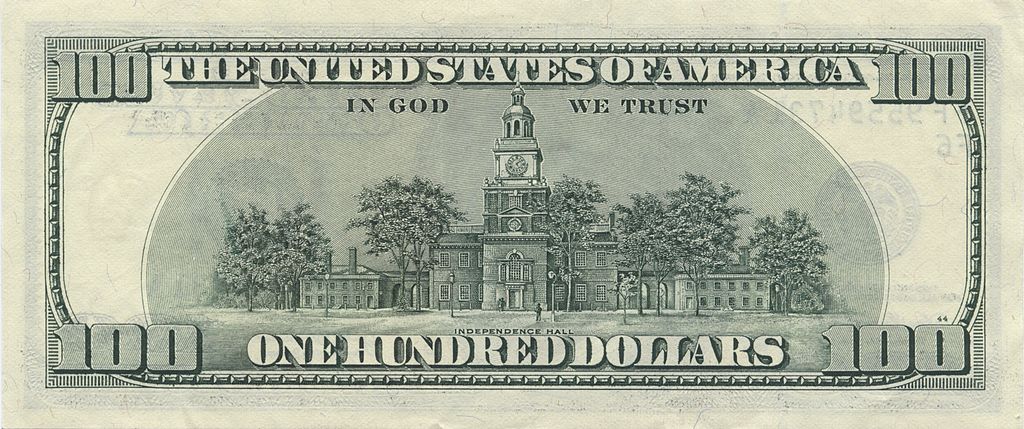

When it comes to international transactions, the US Dollar is one of the most used currencies and one of the world’s primary reserves. It may surprise people that the US dollar was adopted by many countries as the official currency or even unofficially, as an additional currency to their local currency. The globalization of the US Dollar followed World War II when the Bretton Woods system was initiated. The US Federal Reserve has always supported the dollar's role as the leader of the world's currencies and provided sufficient liquidity, which has been a factor in ensuring its dominance.
The dollar’s pivotal role — an “exorbitant privilege,” in the term coined by then French Finance Minister Valéry Giscard d'Estaing in 1965 — allows the U.S. easily to finance its trade and budget deficits. The nation is protected against balance-of-payments crises because it imports and services borrowing in its own currency. American monetary policies, such as quantitative easing, can influence the value of the dollar to gain a competitive advantage.
Through periods of stagflation, high inflation and deflation, the U.S. dollar remains the world’s reserve currency based largely on the size and strength of the U.S. economy and the dominance of the U.S. financial markets. Despite large deficit spending, trillions of dollars in foreign debt and the unbridled printing of U.S. dollars. Treasury securities remain the safest store of money because of the trust and confidence that the world has in the ability of the United States to pay its debts. Because of that, the dollar is still the most redeemable currency for facilitating world commerce.
Through periods of stagflation, high inflation and deflation, the U.S. dollar remains the world’s reserve currency based largely on the size and strength of the U.S. economy and the dominance of the U.S. financial markets. Despite large deficit spending, trillions of dollars in foreign debt and the unbridled printing of U.S. dollars, U.S. Treasury securities remain the safest store of money because of the trust and confidence that the world has in the ability of the United States to pay its debts. Because of that, the dollar is still the most redeemable currency for facilitating world commerce.
The dollar's strength is the reason governments are willing to hold the dollar in their foreign exchange reserves. Governments acquire currencies from their international transactions. They also receive them from domestic businesses and travelers who redeem them for local currencies. Some governments invest their reserves in foreign currencies. China and Japan deliberately buy the currencies of their main export partners. The United States is the largest export partner with both countries. They try to keep their currencies cheaper in comparison so their exports are competitively priced.
To receive new articles instantly Subscribe to updates.